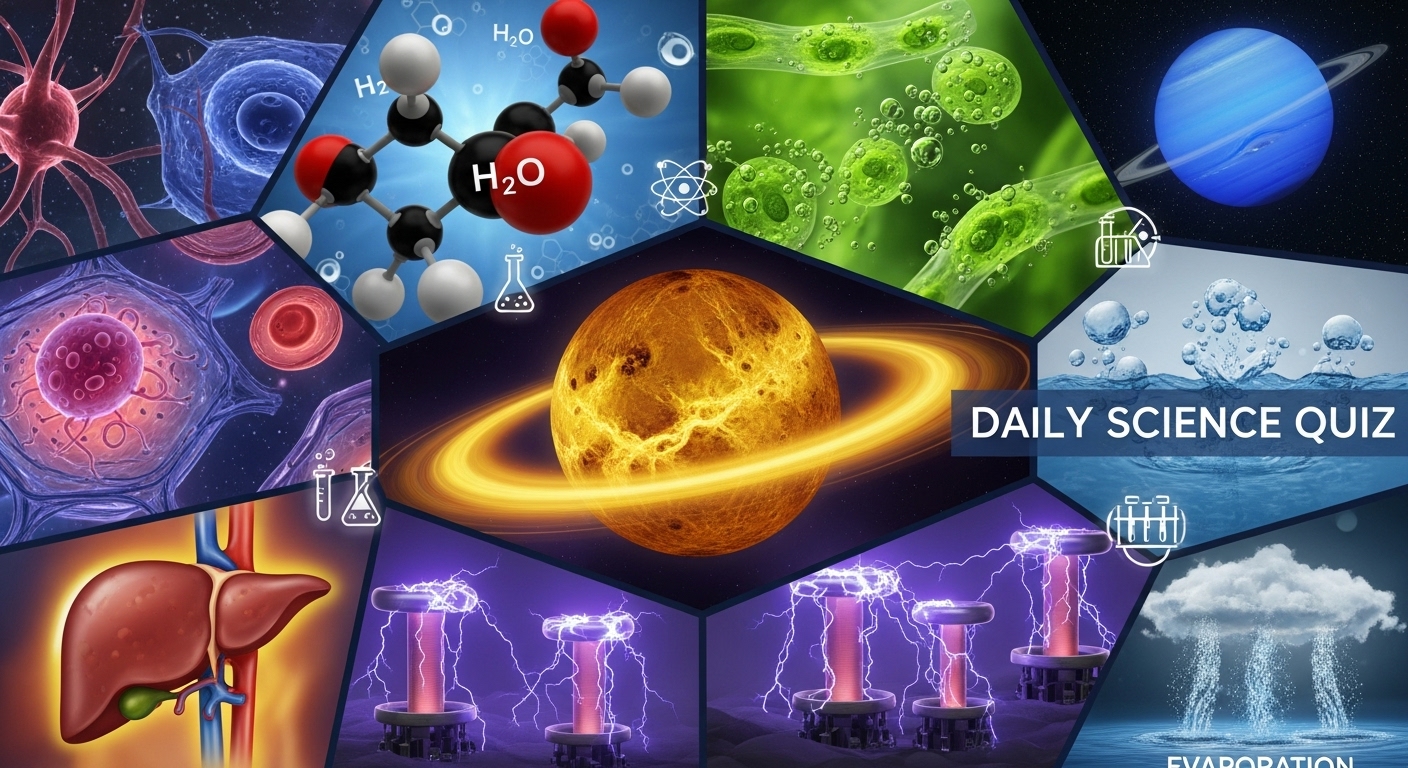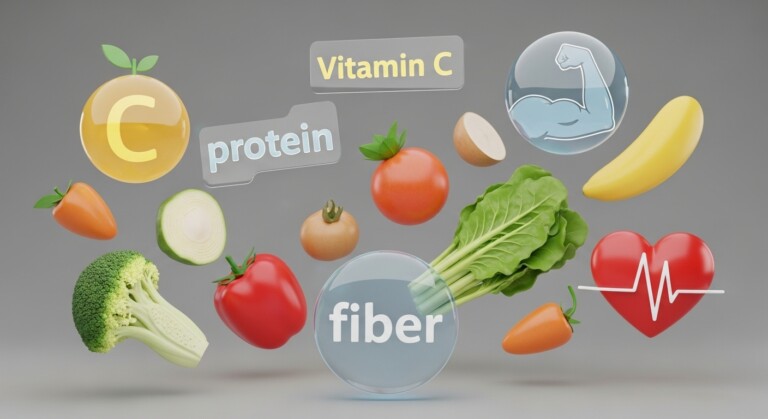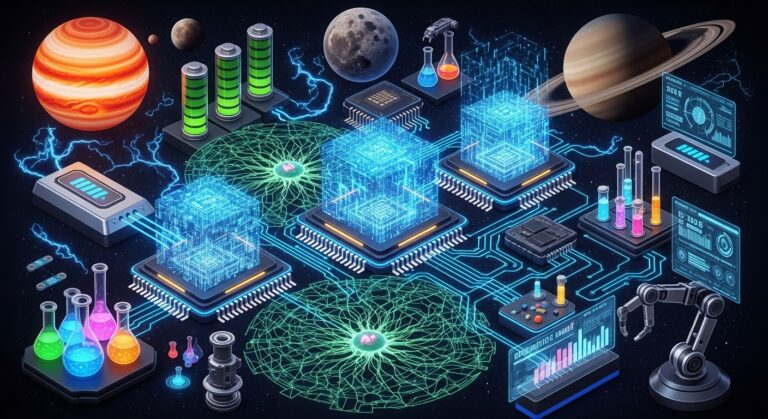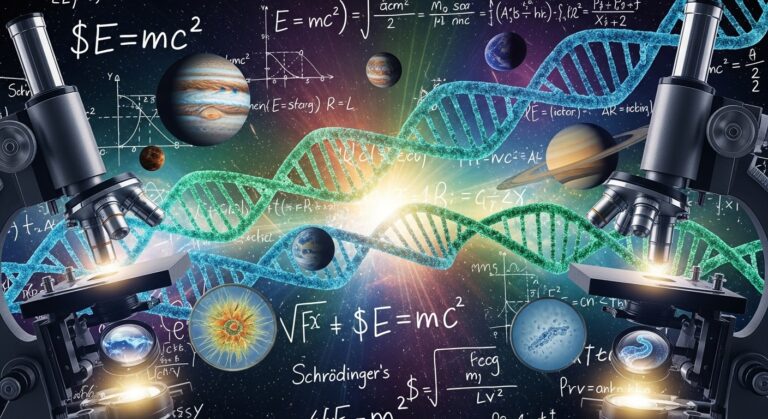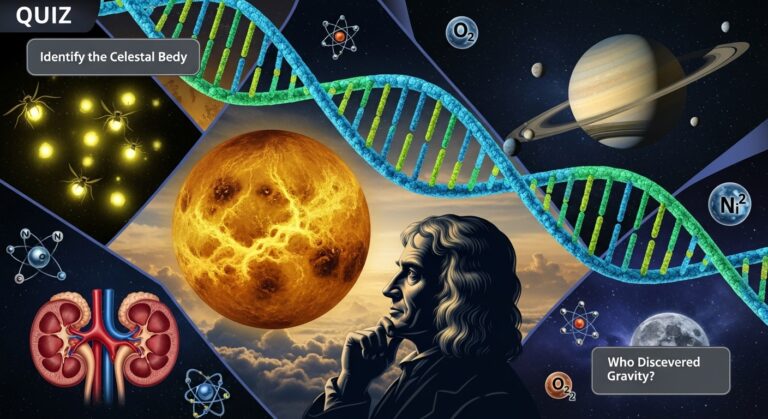Daily Science Quiz to Learn Something New
Science is everywhere — in the food we eat, the sunlight we see, the air we breathe, and even the technology in our pockets. That’s why taking a daily science quiz is such a powerful habit. It stimulates your curiosity, introduces new discoveries, and strengthens your understanding of the natural world. Every question challenges your mind and expands your knowledge in physics, biology, astronomy, chemistry, and the Earth sciences.
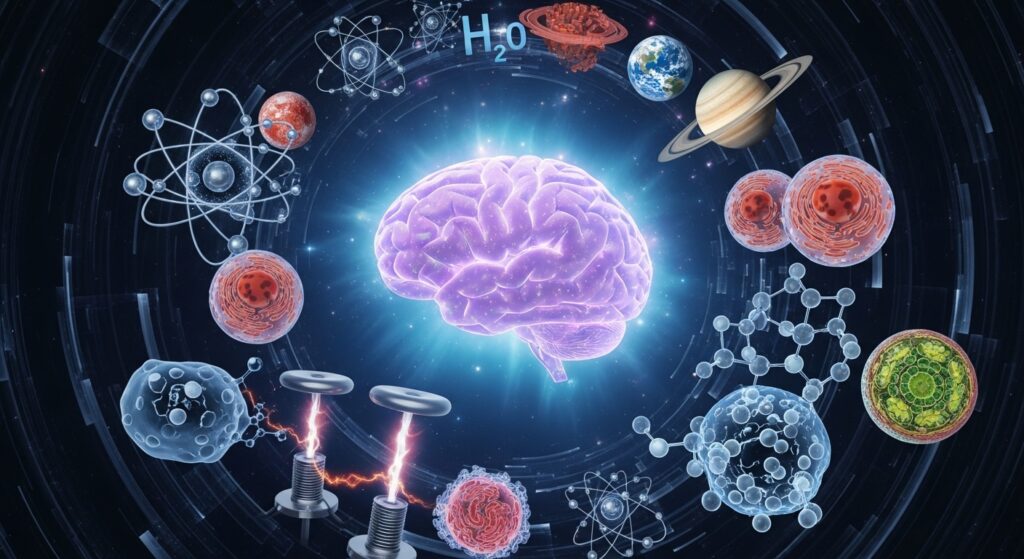
This article explains the deeper science behind each question so you end your daily science quiz with real understanding — not just guesses.
Venus: The Planet With the Longest Day
Venus rotates so slowly that one day on Venus is longer than its entire year. A Venusian day lasts 243 Earth days, while its year lasts 225 Earth days. This bizarre rotation is caused by a combination of:
- Atmospheric drag
- Its retrograde spin
- Possible early collisions
Venus also rotates backwards compared to most planets, meaning the Sun rises in the west and sets in the east.
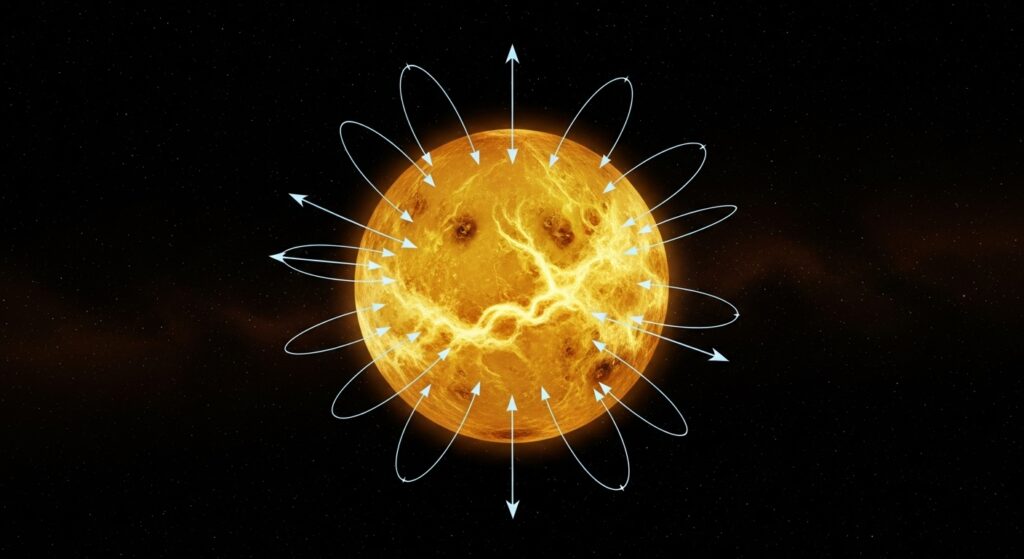
Nikola Tesla: The Father of Modern Electricity
Nikola Tesla transformed the world with alternating current (AC) electricity, making long-distance power transmission possible. His work laid the foundation for:
- Wireless communication
- Electric motors
- Radio transmission
- Modern electrical engineering
- High-voltage transformers
Tesla’s inventions power our homes, cities, and global communication systems.

Nitrogen: Earth’s Dominant Atmospheric Gas
Nitrogen makes up 78% of Earth’s atmosphere. It is odorless, colorless, and non-reactive in its natural form.
Nitrogen’s roles:
- Preventing oxygen from being too reactive
- Supporting plant growth through nitrates
- Forming part of DNA and proteins
- Helping control global climate
Without nitrogen, life could not exist the way we know it.
Green Algae: Living Solar Panels
Green algae photosynthesize just like plants. They absorb sunlight using chlorophyll, converting light into chemical energy.
Why algae are important:
- They produce over half of Earth’s oxygen
- They form the foundation of aquatic food chains
- They clean water by absorbing nutrients
- They help reduce CO₂ levels
Algae may even become a future biofuel source.

Water: The Most Common Human Molecule
About 60% of the human body is water. It is essential for:
- Blood circulation
- Nutrient transport
- Temperature regulation
- Cellular function
- Digestion
Water’s properties — especially its polarity and ability to dissolve substances — make life possible.
Gravity: The Invisible Force Holding Everything Together
Gravity keeps the Moon in orbit around Earth. It pulls objects toward each other based on their mass and distance.
Gravity shapes:
- Planetary orbits
- Tides
- Star formation
- Galaxy structure
- Your ability to stand on the ground
Without gravity, the universe would fly apart.
The Cell: The Basic Unit of Life
Cells are the smallest units that perform all functions of life. Every organism — from bacteria to humans — is made of cells.
Cells can:
- Reproduce
- Convert energy
- Grow
- Heal
- Store information
Your body contains over 37 trillion cells working in harmony.
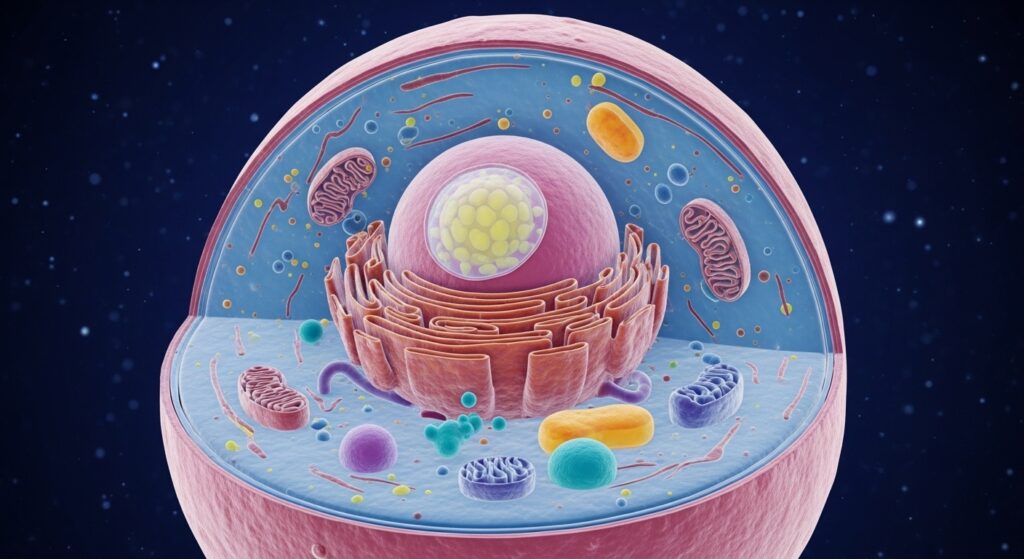
Neptune: The Blue Giant
Neptune’s methane-rich atmosphere gives it a deep blue color. Methane absorbs red light, allowing only blue wavelengths to escape.
Other cool features of Neptune:
- Supersonic winds
- Great Dark Spot storms
- Invisible rings
- Icy composition with rocky core
Neptune shows how diverse and extreme planets can be.
The Liver: The Body’s Detox Factory
The liver filters toxins, produces bile, stores vitamins, and regulates blood sugar. It performs over 500 essential functions.
The liver can:
- Break down alcohol
- Destroy harmful chemicals
- Produce proteins
- Convert nutrients
- Regenerate damaged tissue
Without the liver’s detox system, we couldn’t survive a single day.
Evaporation: The Invisible Exit of Water
When heat is applied, water molecules gain enough energy to escape into the air as vapor. This is called evaporation.
Evaporation drives:
- Cloud formation
- Weather patterns
- Cooling of perspiration
- The water cycle
- Global climate
Without evaporation, Earth’s water cycle would collapse.

Your Daily Science Quiz Is Done — Now You Know More
A daily science quiz boosts your intelligence, curiosity, and understanding of the world. With explanations covering physics, biology, chemistry, and astronomy, you walk away smarter with every question.
Learning science every day builds knowledge that stays with you for life.

